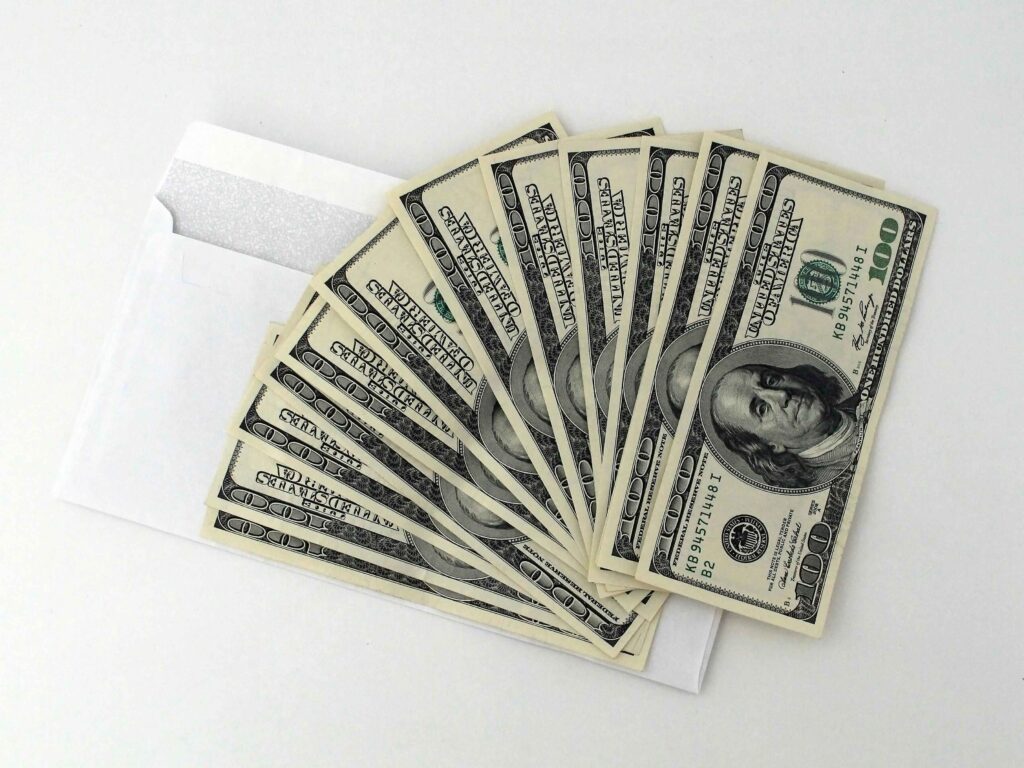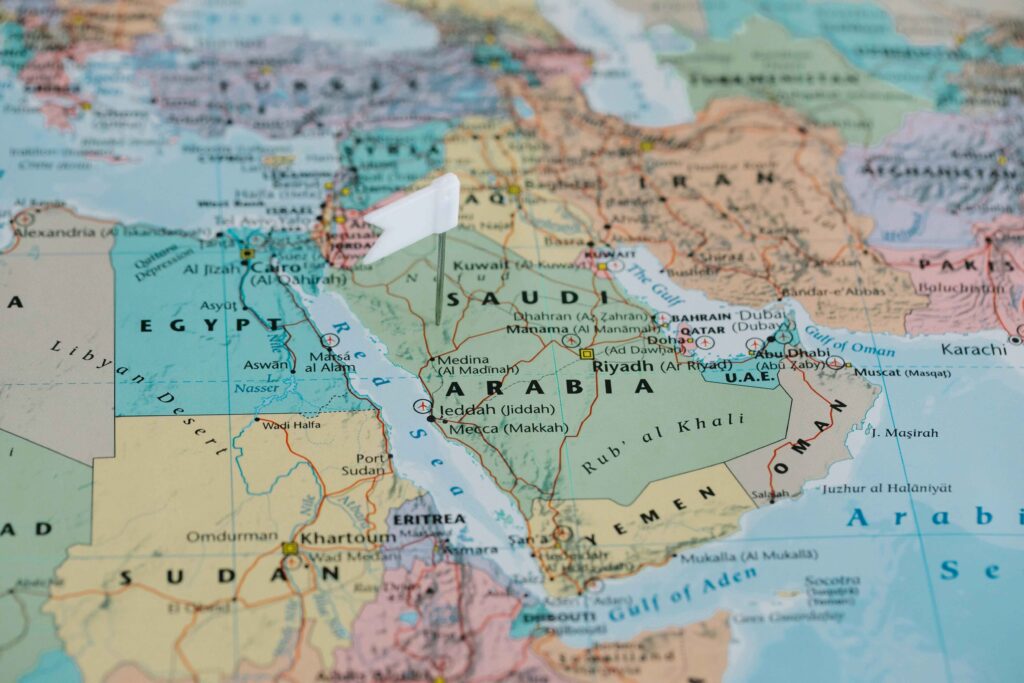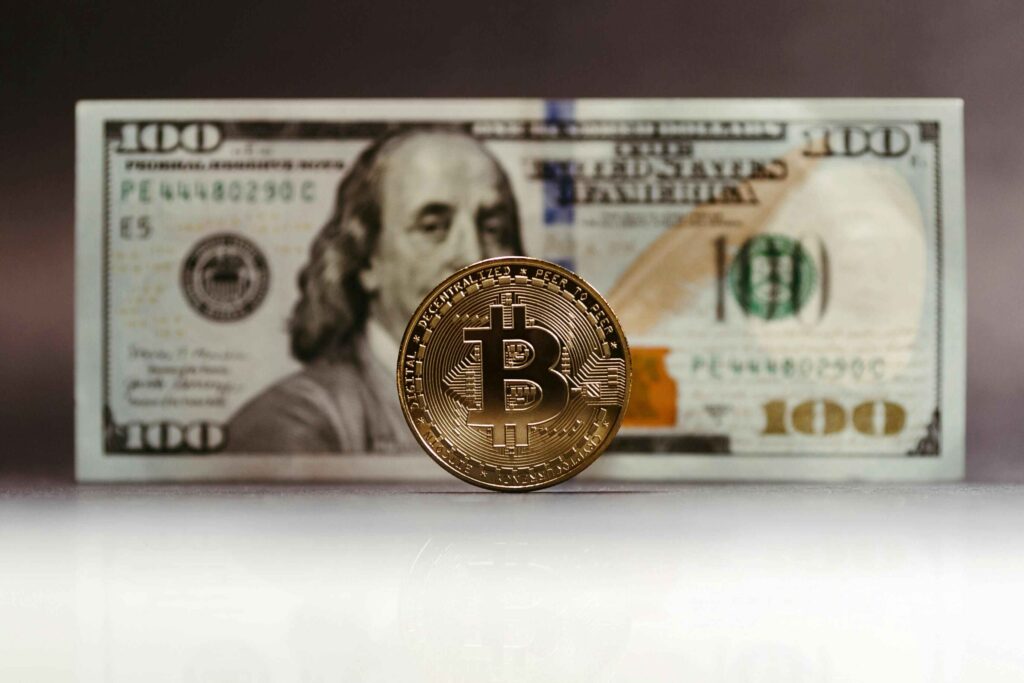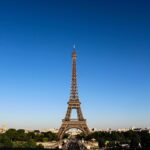Why are economic changes by presidents delayed? Adjustment in the economy is part of chores that belong to a country’s management. Presidents around the world occupy critical positions in the formulation and determination of these transformation. Nevertheless, the field has a general idea agreed by most authors that economic changes started by presidents are frequently postponed even if they are urgent. Why do presidents take long before undertaking required economic reforms? This article is intended to reveal the causes of this delay and to stimulate discussion on the outcomes of such postponement.
Economic Diplomacy:
To comprehend how these and other policy induced changes have occurred As it is, comprehending the workings of an economy is fairly complicated let alone the specifics of how particular economic policy changes have taken place.
It is impossible to assume that the economic changes are simple events. Presidents have many hurdles and limitations when it comes to making these changes. A general policy maker is faced with numerous factors such as GDP, level of unemployment, inflation and government liabilities etc. Great care has to be exercised for accommodating these factors and the policymakers have to choose what is good for the society.
An overview of data collection and research processes:
In a sense, presidents and their teams of advisors require much data and do research in order to make rational choices. The above data is significant in policy formulation that can produce the intended effect on the economy. However, this takes time, meaning the changes that have to be affected economically, often occur much later than the theory would want.

Political Considerations:
Why are economic changes by presidents delayed?
Implementing Sustainable Change in Political Environments:
Another limitation, which has an influence on presidents is the political environment of the country. Economic shocks affect citizens in many ways, and as much as presidents initiate change, they should exercise caution. This is where seeing the changes as being ‘unpopular’ can mean that the government may suffer a vote of no confidence in the government, or the government can lose popularity with the masses.
Balancing political interests:
Besides, Presidents have to consider different political players in the country’s government structure as well. Negotiating with these factions usually means the undermining of the ideas for economic reforms, and even the further prolongation of the formation of the corresponding legal inspiring. Sustaining all these interests while at the same time ensuring the changes work can in fact be said to be a Herculean task.
Global Economic Factors:
Reliance on factors within the global operating environment:
The international economy has a large extent in defining economic status of a country. It is not uncommon for Presidents to wait for the resolution of uncertainty over the global market environment before making extensive changes. Volatility in prices of basic commodities, exchange rates and international trading hampers the presidents from effecting changes in their economies due to the knock on effects that would be realized.
Relevance and efficiency of economic changes:
Furthermore, even the economic modifications bring out wonderful results only if the world economy backs it fully. For example, if a president decided to lower import taxes to boosts the economy, then the success of this policy call would depend on the outlook for exports in a global market. If demand is already low, there’s not much benefit of bringing down the import taxes. Presidents are usual selective and prefer to wait for the appropriate time’s sake the type of changes outlined above.

The Role of Public Opinion
Managing public expectations:
The social opinion can also be a major cause of slow shifts in the economy. Presidents have to be very keen when setting the expectations of the people or when making changes by setting the context or making the public understand why the changes are being made. In case the public is not inclined or informed enough for such change it leads to demonstrations and even riots public demonstrations, which mean mob demonstrations.
This is a strategic aspect where one talks about win-win sixty minutes as opposed to extrapolating the profit that one wants to make in the next few months or years or the scales they want to tip in their favor permanently.
Moreover, they require thinking over the consequences of the shift in the economic conditions of the human population. There is no question that they have choices to make between potentially achieving more sustainable and longer-term economic goals while at the same time perhaps creating short-term pain or hardship by making the adjustments needed to move forward. This is why the decision-making process of economic reforms becomes complicated and may slow down the implementation process.
Success Pressure:
Evaluation of past policies:
Decisions and policies are always being judged as good or bad depending on the president making them. Any protraction in the course of executing the economic changes and reforms is considered a bargain failure and a potential thorn in the side of the president and the administration. It is at this level that this pressure can hinder the initiative to spur the required economic reforms.
The desire for quick fixes:
Moreover, there is the political economy imperative of searching for easy or simplistic solutions about economic issues. Majority of the people desire for instant change to occur yet actions in economic aspect do not respond the same way as a buckle. Presidents may be daunted to implement change they tend to know that the citizens will not wait for the outcomes of those changes. You can contact us here.

Conclusion:
Therefore, this paper has noted that presidents can delay implementing economic changes due to a number of reasons such as; the nature of economic changes, the largely political decisions, the external forces in the world economy and what the public have to say, and the need to come up with results. Such delays can be discouraging, but it is important to remember the pressures that presidents face when they make and enforce economic alternative shifts. From this perspective it is possible to also realize how every single scenario appears thought over and planned through, so as to secure the greatest beneficial results for the country in question in question.


